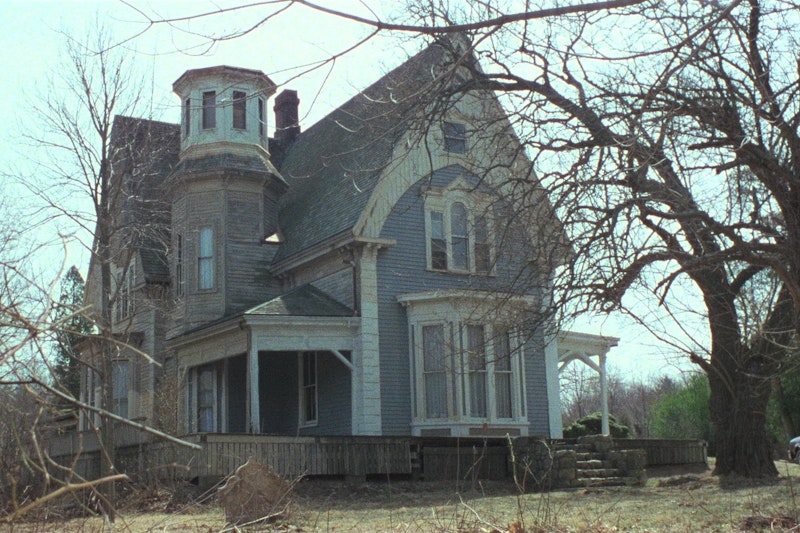In 2012 I published a short story based on childhood visits to a favorite aunt’s house on the Good Men Project website—names changed. “The Earliest Model” traversed the coming-of-age genre, a wonderful sense of discovery followed by the waning interest of early-adolescence. Remembered through the eyes of a nine-year-old, the narrative nonetheless evokes age, and culminates in a creepy onanistic epiphany.
New information has come to light. Turns out I didn’t tell the whole story. I’m not sure I would’ve had I known everything. All the primary characters have been dead for decades.
The place where the story might’ve continued to its startling and apparently truthful denouement falls in the following passage about Aunt Gert’s husband, Uncle Harold: “Finally, he was transferred to Merritt Hospital. I was there too. Harold seemed shriveled; it was his liver. Gert asked me to sing “Volare” in his room. He loved trains. Time passed, and Gert hadn’t asked for me. When she finally came, she was alone. I wasn’t afraid. I was alarmed though, as the car steamed up, as she cried and cried, her hands on the steering wheel.”
What allegedly happened would’ve thrown my narrative in a completely different direction, another kind of story altogether. Recounting what my mother says happened would potentially have jeopardized the beatific aura I’d created around Aunt Gert. It all depends on how one views and processes an act of unofficial euthanasia. Also known as mercy killing.
“She put the pillow over his head,” my mother has revealed, “while Grandma (Aunt Gert’s sister) watched at the door.”
By the time Harold was admitted to Merritt, he was in extremis, his body unable to purge a rampant toxicity. Aunt Gert had cared for him at home for months. As I remember in the story: “But I did peek into their room. At the foot of the bed two yellowed feet had come out from under the covers. That’s as far as I got, as I needed to.”
He was suffering, and might’ve died the night of the alleged mercy killing, or two weeks later. There was no such thing as a liver transplant, and he was too old to qualify.
Aunt Gert was a lifelong Catholic whose faith admonishes that only God decides when a life ends. If one believes that, one must reconcile that she betrayed that faith in a loving act that borrowed the power of life and death from the deity.
“He struggled against it,” my grandmother told my mother.
Uncle Harold fought against the white oblivion held by a wife who adored him.
Any chance this addendum to my story is a fanciful family tale, untrue? I’ve grilled my mother, now 94, and she holds to her account.

